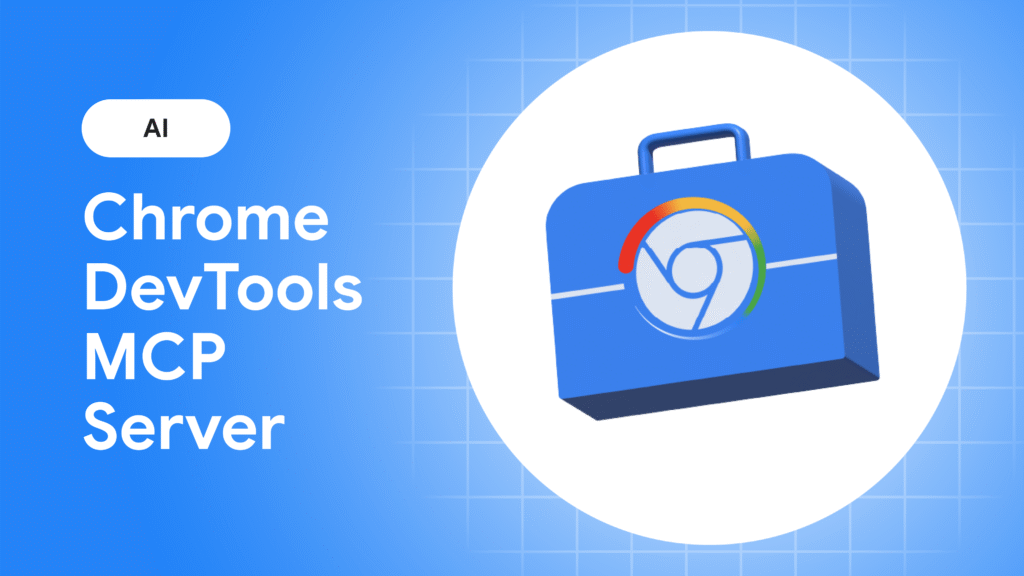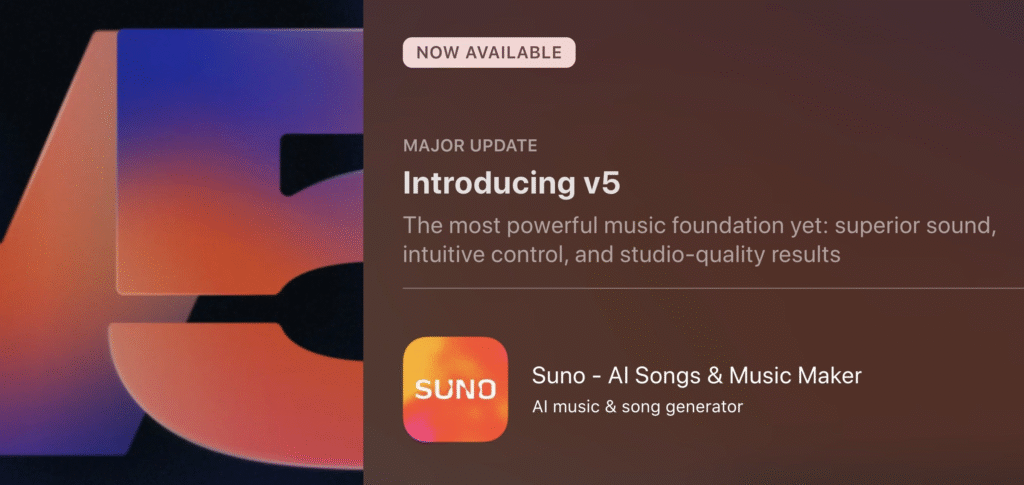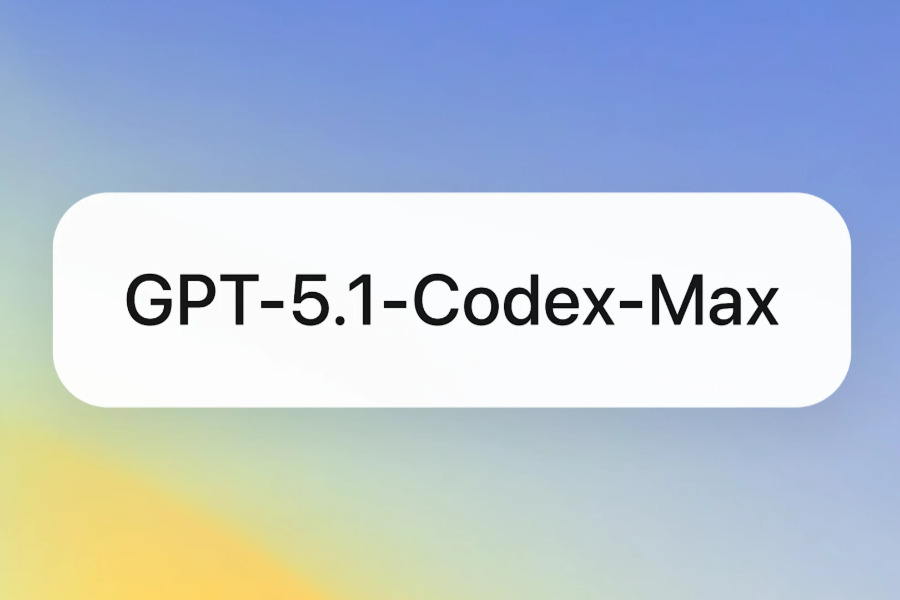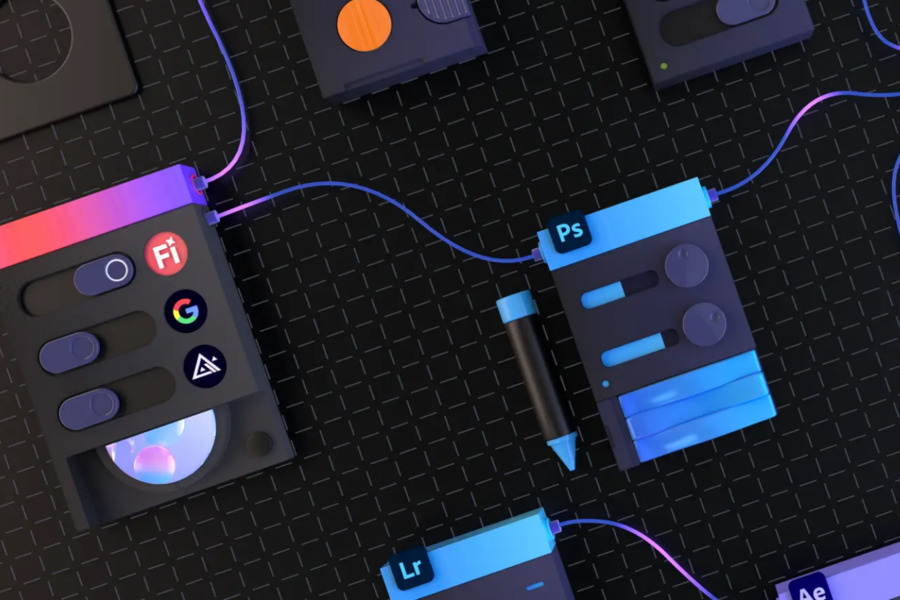Welcome to AgiYes‘s AI News Weekly!
We’ve broken down the 10 most important AI developments this week into a simple summary.
Top 10 AI News from September 20–26, 2025
1. OpenAI Releases ChatGPT Pulse for Pro Users
OpenAI has launched ChatGPT Pulse, a new mobile feature designed to provide personalized daily updates for professional users. Unlike traditional query-based interactions, Pulse analyzes your chat history, feedback, and connected applications like Google Calendar and Gmail to deliver proactive morning briefings .
The feature presents information through visual cards covering follow-ups on ongoing conversations, meal suggestions, fitness progress, and professional insights . Currently available to Pro users in preview, Pulse represents OpenAI’s step toward more anticipatory AI assistants that understand user goals without explicit prompting.
2. Kimi Launches “OK Computer” Agent Mode
Chinese AI company Moonlight AI has unveiled “OK Computer,” a new Agent mode for its Kimi intelligent assistant. This update builds on the “model as Agent” concept, utilizing the trillion-parameter Kimi K2 model to enhance autonomous task execution and tool usage capabilities.
Once activated, OK Computer enables Kimi to operate a virtual computer environment, handling complex assignments including multi-functional website development, large-scale data analysis, image/video generation, and high-quality PPT creation . The feature is currently in limited beta testing, prioritizing users who have previously supported Kimi through tips.
3. Google Expands AI Plus to 40+ Countries
Google is accelerating the global availability of its more affordable AI Plus subscription plan, now reaching over 40 countries including Bangladesh, Cameroon, Egypt, Ghana, Indonesia, and Vietnam. The subscription offers access to Gemini 2.5 Pro model along with creative tools like Veo 3 Fast for video generation and Flow/Whisk for image creation.
Subscribers also gain enhanced functionality for AI research assistant NotebookLM, AI features within Gmail/Docs/Sheets, and 200GB of cloud storage. This expansion significantly broadens access to Google’s advanced AI tools across developing markets.
4. Meta Introduces Code World Model (CWM)
Meta has introduced its innovative Code World Model (CWM), a 32-billion-parameter AI system designed to deeply understand programming environments with advanced generation and reasoning capabilities . Despite its powerful features, CWM demands substantial hardware resources—requiring 160GB of VRAM, equivalent to dual H100 GPUs with RDMA technology for optimal operation.
This release represents Meta’s continued investment in AI systems tailored for software development and code generation, potentially offering new capabilities for automated programming assistance.
5. Microsoft Integrates Anthropic AI Models
Microsoft has announced it will begin incorporating Anthropic’s AI models into its Microsoft 365 Copilot assistant, marking a significant step in diversifying its generative AI offerings . While Microsoft continues to rely heavily on OpenAI’s technology across products like Bing and Windows, this move provides business customers with additional model options.
The integration reflects Microsoft’s strategy to offer customers flexibility in choosing AI approaches that best suit their specific needs, while maintaining its strong partnership with OpenAI.
6. Google Launches Chrome DevTools MCP

Google has released the public beta of “Chrome DevTools MCP,” a Model Context Protocol server that enables AI coding agents to control and inspect live Chrome browser instances. This tool can record performance metrics, inspect DOM and CSS structures, execute JavaScript, read console output, and automate user workflows.
The development represents Google’s ongoing effort to create bridges between AI systems and practical development environments, potentially streamlining web development and testing processes.
7. Suno Releases v5 Model for AI Music Generation

AI music platform Suno has launched its v5 model, a breakthrough update that brings unprecedented professionalism to AI-generated music. Available to Pro and Premier subscribers, the model delivers more immersive audio experiences, more realistic vocals, and enhanced creative control capabilities.
The September 23rd release positions Suno at the forefront of AI music generation, offering users sophisticated tools for creating original compositions with increasingly natural-sounding results.
8. Google Play Games Integrates Gemini AI Assistant
Google is introducing a new Gemini AI assistant for mobile games downloaded through Google Play . This integration will allow players to access Gemini Live functionality via a sidebar during gameplay, enabling them to seek tips and assistance without switching between applications.
The feature aims to enhance gaming experiences by providing contextual help and information precisely when players need it, creating a more seamless interaction between gaming and AI assistance.
9. Google Expands AI Search to Spanish Market
Google has launched its AI Mode search functionality for Spanish-speaking users, bringing conversational search capabilities to millions of new users. The expansion allows natural Spanish conversations with Gemini AI, enabling complex queries, image analysis, and multi-turn discussions about intricate topics.
This rollout significantly expands access to Google’s most advanced search technology, transforming information retrieval from keyword-based searches to natural dialogue interactions.
10. Figma Introduces AI Integration Through MCP
Figma has rolled out new updates enabling AI models to communicate directly with its application-building tools and remotely access designs . The centerpiece is Figma’s Model Context Protocol (MCP) server, which acts as a bridge allowing AI models to directly access code behind prototypes and designs created within Figma tools.
This development creates smoother workflows between AI assistants and design platforms, potentially automating aspects of the UI/UX design process and enhancing collaboration between designers and AI systems.
Final Thoughts on This Week’s AI News
This week’s developments signal a clear industry shift toward more personalized and proactive AI experiences. From OpenAI’s anticipatory briefings to Kimi’s advanced agent capabilities, the focus is increasingly on AI that understands context and acts autonomously.
As major players expand globally and integrate AI across more platforms—from design tools to gaming—we’re witnessing the technology become deeply embedded in both professional and everyday contexts. The rapid advancement in specialized domains like music generation and code understanding further demonstrates AI’s expanding capabilities.
These innovations collectively point toward a future where AI serves as a truly intelligent partner rather than just a reactive tool.
Read More:



